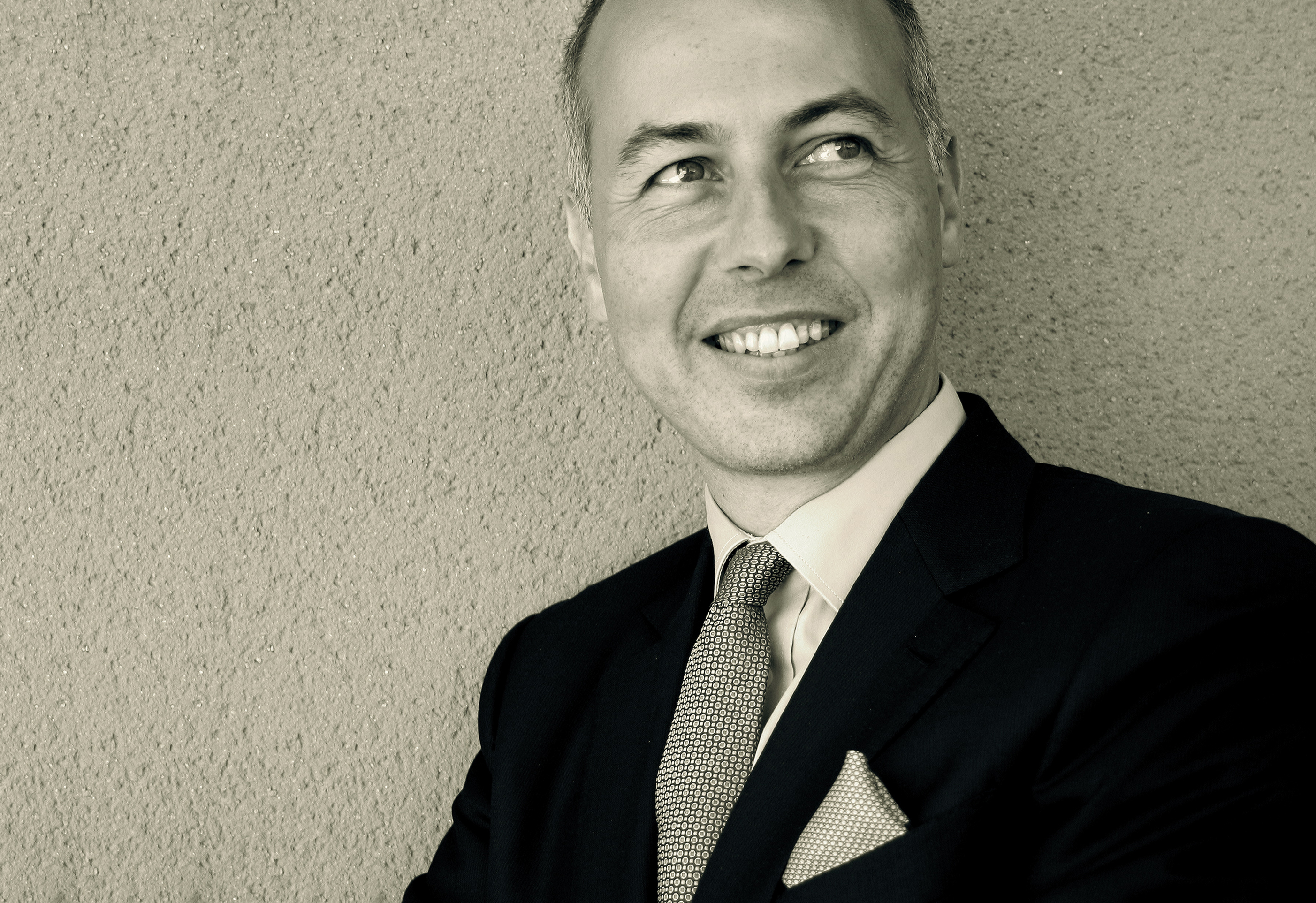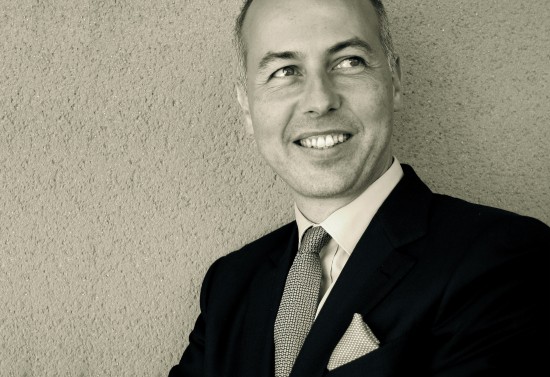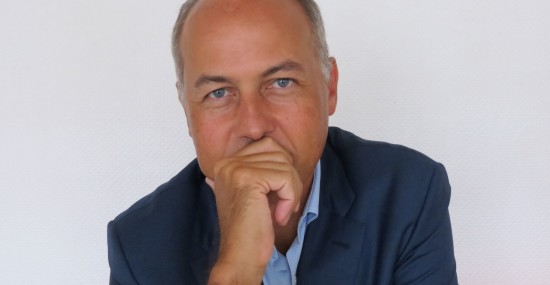This week in Singapore, at Vinexpo Asia, much of the conversation revolved around how the wine market is evolving in today’s complicated climate—a time when everyone seems to have a million questions. For me, the event reinforced one key idea: we need to stop being so pessimistic about the future of wine. No, wine is not dead! Yes, it’s true that many Singapore restaurants are struggling and several have recently closed—and that trend may not be over. But the market is changing: players are shifting from on-premise sales to direct-to-consumer sales, catering to wine lovers who prefer to enjoy their favorite bottles in restaurants that willingly open them. Because this “bring-your-own” approach is common across Asia, distributors are adjusting their business models to meet buyers’ needs more effectively.
Elsewhere in Asia the dynamics are different. Thailand is on a roll, and whispers suggest that India could become the next wine Eldorado by 2027. I say “could” because we all remember the stampede into China 15 years ago—and today’s reality check. China is indeed complex and currently slowing, yet many still view it as a critical market for the future. I’m one of them, which is why building a presence in China (and, down the road, India) must be done with solid partners and a medium- to long-term vision. At the same time, the dynamism of the Gulf states—Dubai in particular—opens new horizons for the wine world. Count on these countries playing a larger role in the coming years. Once again, choosing the right partner will be essential to ride the fine-wine wave. There are still seats at the table, even if promotional rules are tougher than in many other markets and brand-building needs a fresh, “make-it-desirable” approach—in other words, smart marketing.
So, no, wine isn’t dead; we’re simply flying through turbulence. Singapore also confirmed something else for me: the direction wine consumption is taking worldwide. The Singaporean enthusiasts I met aren’t 20-somethings—that’s a fact—and their parents didn’t raise them with a wine culture, which is also true. Yet somewhere around age 30 they pivoted to wine, captivated by the extraordinary history and culture surrounding it. Talking with Jackie Ang MW—who earned the Master of Wine title in February 2025 and also conducts cancer pharmacology research—was riveting. An Oxford and Cambridge graduate, he experienced a “light-bulb” moment and fell in love with wine. He hadn’t touched it before, not with family or friends, but he grasped its remarkable cultural depth. Not every young person will become a Master of Wine, but I’m convinced many will follow the same path toward appreciating wine. Yes, young adults are drinking less wine right now. That doesn’t mean they’ll never drink it. That’s the crucial difference.
Contact Guillaume Jourdan via LinkedIn



